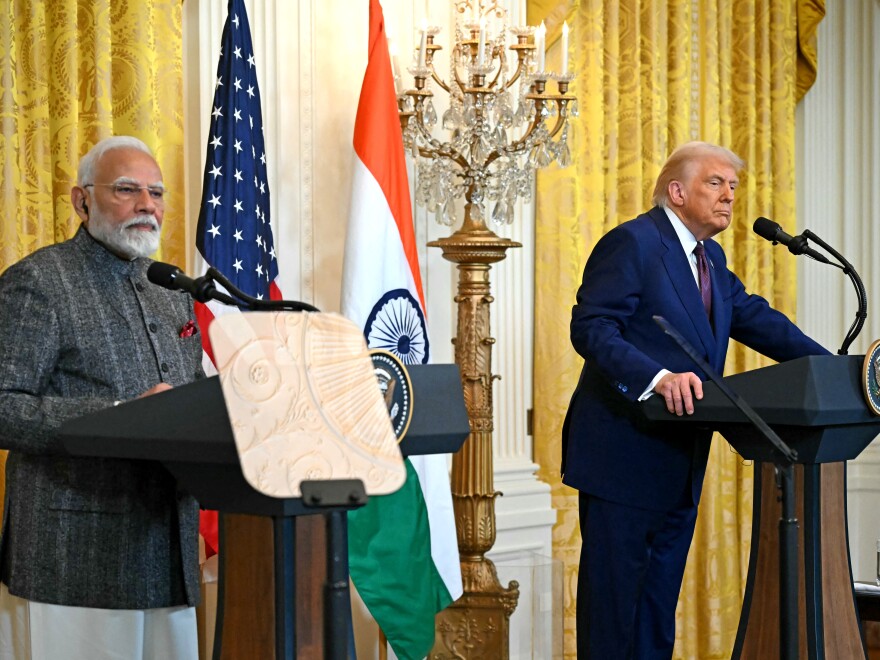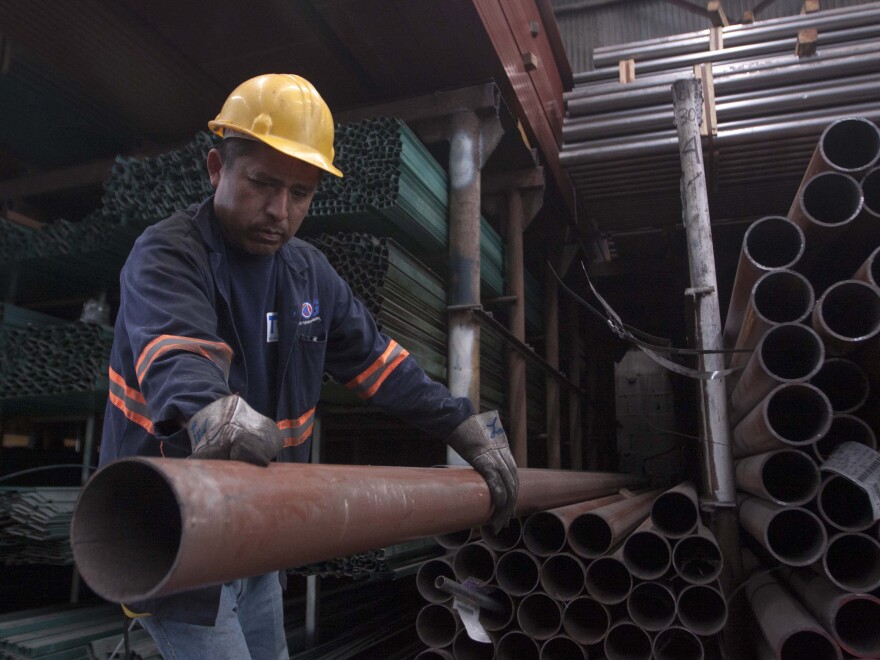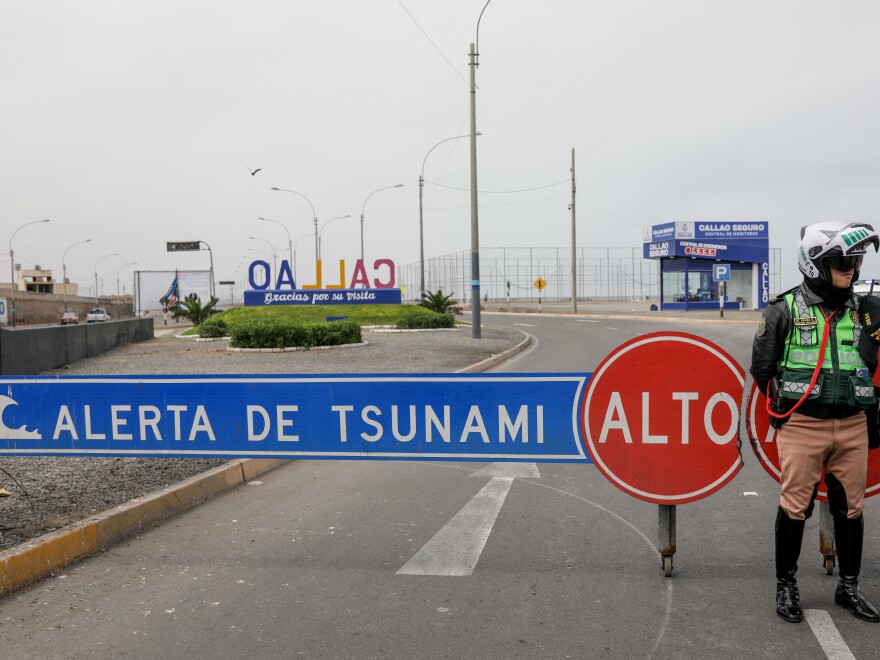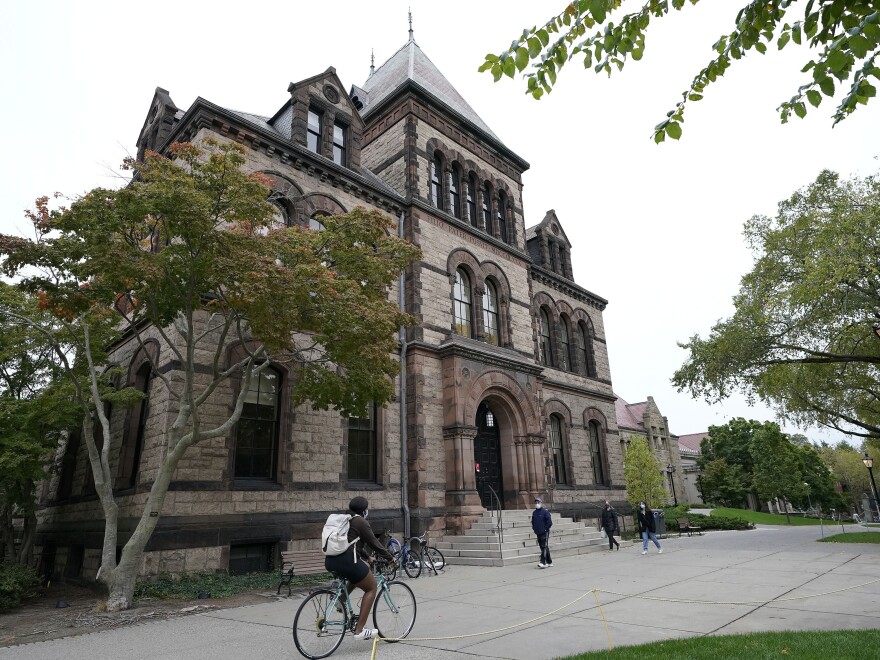Updated @ 2:44 PM EDT on July 30, 2025
The United States will start levying 25% tariffs on Indian imports on August 1st, President Trump announced Wednesday.
Although India is a friend of the United States, Trump stated in a Truth Social post that “we have, over the years, done relatively little business with them because their Tariffs are far too high, among the highest in the World, and they have the most strenuous and obnoxious non-monetary Trade Barriers of any Country.”
Trump also threatened to punish India further for its commerce with Russia, which he is attempting to compel into reaching a truce with Ukraine. Trump did not specify the nature of the punishment or if it would also take effect on Friday.
Indian officials stated in a statement that they have “taken note” of Trump’s remarks and are “studying its implications.”
“Over the past few months, India and the US have been negotiating to reach a fair, balanced, and advantageous bilateral trade agreement. We are still dedicated to that goal,” the message continues.
Trump’s announcement dashed hopes that a deal could be reached by August 1 after five rounds of trade talks have failed to produce a conclusion. U.S. officials were scheduled to travel to New Delhi for the sixth round in late August, according to a Tuesday Indian media story.
India’s main export destination is the United States. Precious stones, inexpensive medications, and gadgets like iPhones are among its best-selling goods in the United States. According to USTR, U.S. goods trade with India was close to $130 billion last year. In 2024, the U.S.-India goods trade imbalance was $45.7 billion. Trump has attributed the trade shortfall to India’s high import tariffs.
A tough negotiation
One of the first nations to start trade talks with the United States was India. Piyush Goyal, its commerce minister, has made several trips to Washington, D.C., since February. Goyal told Reuters that the two nations were making “fantastic” progress despite rumors that India would miss Trump’s deadline.
New Delhi initially indicated that it was willing to reduce some of its prices. India had committed to purchasing American fighter jets and oil, as well as making concessions for goods like Harley Davidson motorcycles and bourbon whiskey, at the White House meeting in February. In the months that followed, India silently accepted the repatriation of hundreds of Indians in handcuffs and did not object to the tighter visa requirements for workers and students.
For the most part, Indian officials have kept quiet about the talks. However, the two sides were unable to resolve their concerns over tariffs in dairy and agriculture, two industries where India has significant import barriers, according to local media a few weeks ago. The two “big red lines,” according to Finance Minister Nirmala Sitharaman, are dairy and agriculture. She stated in an interview with an Indian business newspaper that the government would not take any action that would “weaken our farmers’ positions.”
India has defended the two industries, claiming that millions of Indian farmers depend on them for their livelihood. Tens of thousands of Indian farmers demonstrated for over a year in 2020 after the government of India passed legislation permitting the free market and cutting back on government purchases. The laws have to be repealed by the government.
A trade deal with the U.S. is “crucial” for India
Many Indian businesses cheered the return of Indian Prime Minister Narendra Modi’s “friend” when Trump was reelected to the White House in 2024.
It was anticipated that Trump’s anti-China policies would help Indian manufacturing and jobs. Trump, meanwhile, has stated unequivocally that India does not necessarily benefit from China’s defeat. Following the announcement by Apple CEO Tim Cook that the majority of iPhone manufacture would be moved from China to India, Trump allegedly warned Cook, “I don’t want you building in India.”
Trump boasted that he used the trade agreement as leverage to mediate a ceasefire within four days when hostilities broke out between India and Pakistan in May. Modis said yesterday that “no world leader” had urged India to halt its strikes on Pakistan in his first public comments on the matter. But he didn’t mention Trump by name.
Even though India has the fifth-largest economy in the world, experts say it is walking carefully because it is vulnerable.
According to Amit Basole, an economics professor at Azim Premji University in India, “India is a large country but its purchasing power is not very high.” “We desperately need jobs, especially in the manufacturing and higher-producing industries. For Indian businesses to expand and generate these jobs, export markets are necessary.
According to Basole, a trade agreement with the United States is therefore “critical” for India.
Copyright 2025 NPR






